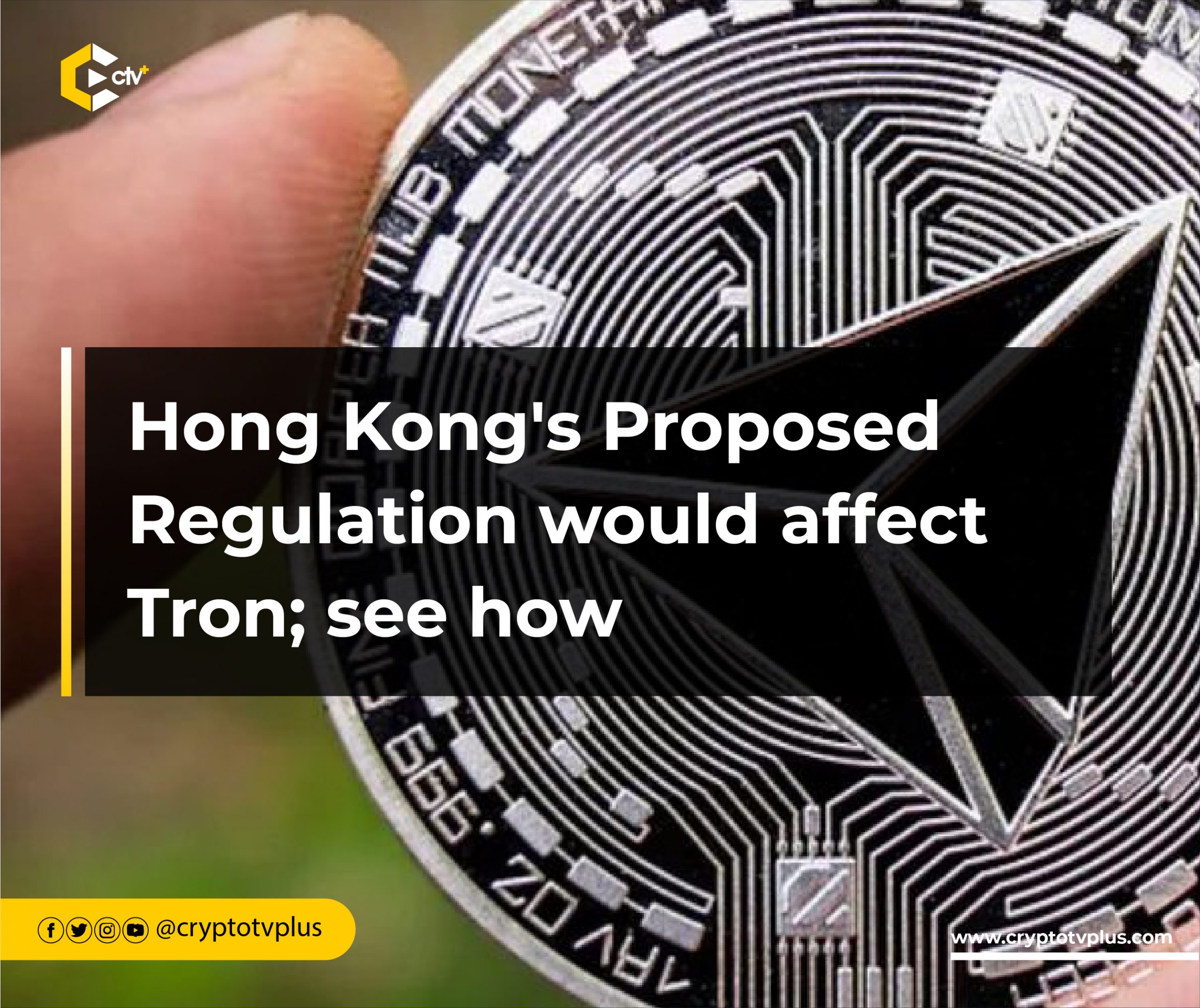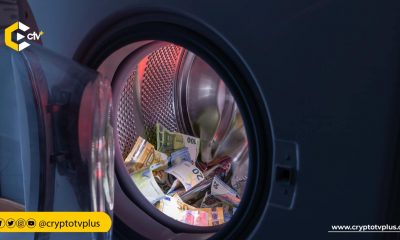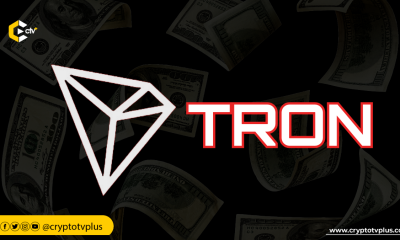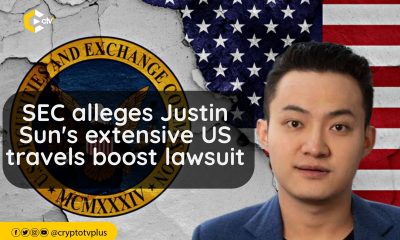News
Hong Kong’s Proposed Regulation would affect Tron; see how

The Hong Kong Securities and Futures Commission (SFC) published a proposed regulatory requirement for virtual asset trading platform operators with a license from the SFC. The consultation paper also emphasized disciplinary fining guidelines and anti-money and counter financing. The Tron crypto founder Justin Sun, however, believes that the proposed guidelines could have a “big” impact on Tron.
Stating his claims on Twitter, Sun said that Hong Kong’s released guidelines “aim to provide better investor protection and transparency in the virtual asset market”.
According to SFC, platform operators should follow the token admission criteria outlined in the paper, which include the token’s supply, demand, maturity, and liquidity. Additionally, the token’s market capitalisation, average daily trading volume, market history, the availability of trading pairs, and the security infrastructure of the blockchain protocol among others should be reviewed.
Justin Sun stated that based on TRON’s ability to meet admission criteria, it may set it apart from other virtual assets.
SFC mentioned in the onboarding segment of the consultation paper that all licensed platform operators are required to carry out a knowledge assessment on investors before any form of service is rendered to them, however excluding institutional and qualified corporate professional investors. Client’s risk tolerance level and risk profile should be assessed as well, the paper said, and conduct a check on the client’s risk profile to determine if they are fit to participate in the trading of virtual assets.
Further, SFC proposed that the platform should set a limit for onboarded clients to ensure that their exposure to virtual assets are “reasonable”. The limit will be determined with reference to the client’s financial situation and personal circumstances. Moreso, the limit should be reviewed regularly, SFC said.
Other SFC regulatory requirements include safe custody of assets, where platform operators should hold client money and client virtual assets on trust through a wholly-owned subsidiary, i.e, “associated entity”. Also, operators should ensure that not more than 2% of the client’s virtual assets are stored in hot wallets.
Sun believes that TRON may become a valuable virtual asset for development in Hong Kong, looking at the innovative features and growth potential of its blockchain.
Following the proposed changes, new opportunities loom for TRON and other virtual assets, Sun said, and is optimistic that TRON will adapt to the changing regulatory landscape.
Read also;
How South Korea is developing a digital asset roadmap
What do you think of this article? Share comments below.

























Pingback: Hong Kong’s Proposed Regulation would affect Tron; see how by Ifeoma Joy Okorie – CryptoTvplus Events: NFT, DeFi, Bitcoin, Ethereum, Altcoin Events
Pingback: Web3 database developer Polybase raises $2M preseed | CryptoTvplus: DeFi, NFT, Bitcoin, Ethereum Altcoin, Cryptocurrency & Blockchain News, Interviews, Research, Shows